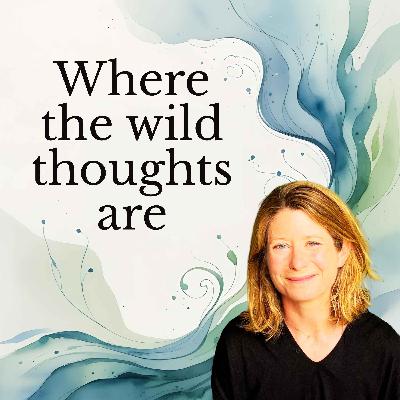Steady your nerves and light up your torches, because this week we’re clambering into the deep, dark Neolithic underworld with archaeologist Jens Notroff.Jens, of the German Archaeological Institute, has spent years excavating one of the world’s most fascinating and mysterious prehistoric sites – Göbekli Tepe in southeastern Turkey. This is a series of circular stone enclosures, featuring giant T-shaped figures and carvings of fearsome predators – and possibly also once decorated with human skulls. It’s sometimes described as “the world’s first temple”, and according to conventional thinking, it shouldn’t exist.That’s because Göbekli Tepe is around 12,000 years old. It was built on the cusp of the most important transition in human history, the Neolithic revolution, just as hunter gatherers were about to start cultivating the species around them, and it’s located in just the region where farming was about to emerge. Before historians realised the significance of Göbekli Tepe, they assumed the invention of agriculture was the flashpoint that led to the other changes of the Neolithic, such as more settled communities, and the ability to build impressive monuments like Stonehenge. But the giant stones of Göbekli Tepe, dating to just before all of that, tell us something else – a dramatic, shocking shift in mindset – was already underway.With Jens as our guide, let’s travel back 12,000 years. What wild rituals played out at this deathly site? How did humans take that first leap in thinking, that has defined our species perhaps more than any other, of separating ourselves from – and elevating ourselves above – the rest of nature. And how does it feel to put ourselves into the mind of a young hunter, entering these terrifying caverns for the first time…Jens’ home pagehttps://jensnotroff.com/Göbekli Tepe research project bloghttps://www.dainst.blog/the-tepe-telegrams/Taş Tepeler research projecthttps://tastepeler.org/en Recommended publicationshttps://www.dainst.blog/the-tepe-telegrams/publications/Skull cult at Göbekli Tepehttps://www.science.org/doi/full/10.1126/sciadv.1700564Göbekli Tepe World Heritage Sitehttps://whc.unesco.org/en/list/1572/There’s a detailed discussion of Göbekli Tepe and its role in humanity’s split from nature in chapter 2 of my book: The Human Cosmos.https://jomarchant.com/human-cosmos*** To support us, please rate & review the show!*** Subscribe for new episodes every Mon*** Follow us on Instagram @wildthoughts_pod*** Edited highlights on YouTubehttps://www.youtube.com/playlist?list=PLhB4lyBDyjTliuz_h5oHwN6H8HoxS7qWL Hosted by Jo Marchant:https://jomarchant.com Produced by Julian Mayers at Yada Yada:https://www.yada-yada.net/ Hosted on Acast. See acast.com/privacy for more information.






